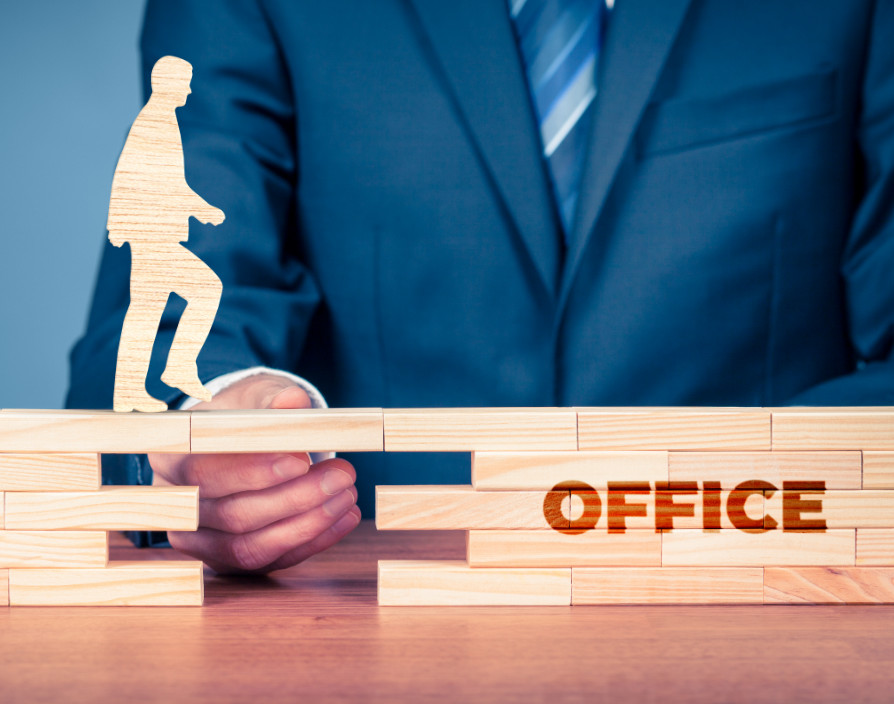The COVID-19 pandemic has accelerated an irreversible wave of change in the way we work, but it’s the impact of our shift towards an algorithmic economy that will be felt more acutely by the SME community.
The COVID -19 pandemic has completely revolutionised the way we work. So much so, that some workers may never return to the physical office again. In fact, the majority of the UK’s biggest employers do not plan to bring staff back to the office full-time. Clearly while blended working ‘ which is supported by 80% of the British population ‘ is now a must-have rather than a nice-to-have for employers.
But the longer-term consequences of Covid will go far beyond this. When combined with rapidly evolving Artificial Intelligence (AI) systems, the great workplace transformation promises to be a shift to true hybrid working ‘ not between home and the office, but between human workers and AI- powered digital employees.
Here, I’ll explore what impact this will have on the workplace and workforce culture in the months and years ahead.
Future workforce planning
Organisations should start planning how advanced technology will be fully integrated into the day-to-day and how they can support employees to adapt to working alongside AI. AI-powered digital colleagues will not only make our working lives easier by taking on repetitive tasks but will also help workforces digitally upskill. In fact, nowhere is this more apparent than in the SME market, where – according to Forrester – one-tenth of start-ups will emerge with more digital workers than human ones by 2030.
To plan for this, businesses can start by asking themselves what types of tasks they want to continue doing? The conversation around AI in the workplace usually centres around offloading the most basic, monotonous tasks to digital colleagues. This leaves human employees able to focus on tasks that require innate human qualities, such as creativity, strategic thinking, teamwork and problem solving. This will no doubt leave people feeling more fulfilled in their roles and have a far wider-reaching impact on the nature of our work than simply the move away from the office.
The office as a technology testbed
That’s not to say blended home/office working won’t play a vital role in aiding the hybrid workforce transition. In fact, with so many companies now re-evaluating their office space to create an environment more tailored to face-to-face interaction and open discussion, our future office space will look more like coworking spaces or campuses.
We’re already driving this in our New York headquarters, where we’ve designated an entire floor to test and trial new technologies. By giving teams the freedom to play around with our own digital employee, Amelia, we aim to inspire new ideas for features to help drive technological innovation, whilst at the same time helping employees learn new software engineering and programming skills. But this shouldn’t just be unique to big tech firms. In the ‘new normal,’ all businesses will be digital in some form and as such, should create spaces where employees can upskill in advanced technologies, like robotics, AI and IoT.
Reducing the temptation to work overtime
There’s no doubt that the past year has had a huge impact on the mental health of workers. This has only been exacerbated by the increasingly blurred lines between home and work. In fact, according to the World Health Organisation, when countries go into national lockdowns, working hours increase by around 10%.
With AI already acting as a support colleague for many businesses ‘ from IT support to automated finance and HR functions ‘ are other companies missing out on what could be an antidote to burnout culture? Digital employees not only take on the rote and repetitive tasks, which frees us up to focus on more interesting and satisfying work, they also provide customer and employee-facing services, so that human colleagues feel more at ease fully switching off at the end of the working day.
Thriving through digital disruption
Whilst managing the safe return to the office should be a top priority for business leaders, they shouldn’t ignore the need to start planning for the rapid developments in AI and advanced technologies. We are undergoing a monumental shift in ways of working and the next transition we must adapt to is that of working alongside digital colleagues. SMEs that don’t adequately prepare their offices and workforce for this next wave of digital disruption will be outpaced by their larger counterparts in our increasingly competitive, digitally connected world.
“
Share via:








































